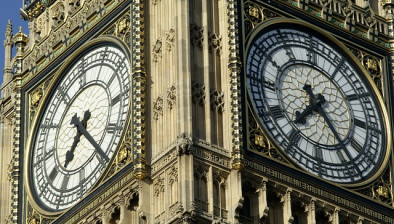Troubles: Legacy Act’s immunity clause breaches ECHR

Conditional immunity from prosecutions relating to Troubles-era crimes is in breach of the European Convention on Human Rights, the High Court in Belfast has ruled.
The case was brought by the victims challenging the human rights compliance of the legislation, which provides a conditional amnesty to those accused of Troubles-related crimes.
The Northern Ireland Troubles (Legacy and Reconciliation) Act 2023 received royal assent in September last year in the face of widespread opposition from the Irish government, victims’ groups and political parties.
The law provides a limited form of immunity from prosecution for offences related to the Troubles for those who co-operate with the new Independent Commission for Reconciliation and Information Recovery (ICRIR).
Martina Dillon, John McEvoy and Lynda McManus’s cases were selected for the legal fight at the High Court.
Ms Dillon’s husband Seamus, 45, was shot dead in a loyalist attack in 1997 at the Glengannon Hotel in Dungannon, County Tyrone. In 1992, Mr McEvoy survived a loyalist attack on the Thierafurth Inn in Kilcoo, County Down. Ms McManus’s father, James, was wounded in the Sean Graham bookmakers massacre in 1992.
Mr Justice Colton said this morning: “There is no evidence that the granting of immunity under the act will in any way contribute to reconciliation in Northern Ireland, indeed the evidence is to the contrary.”
He added, however, that he was satisfied that a new body set established to examine Troubles-related killings – the Independent Commission for Reconciliation and Information Recovery (ICRIR) – could undertake human rights compliant investigations.
Mr Justice Colton said he “fully [understands] the opposition to the new scheme and the reasons for it”.
But he said he could not say at this time that the ICRIR would be unable to provide investigations in line with articles two and article three of the ECHR.
“It has wide powers and wide range of discretion to carry out its reviews. Should it fall short of its obligations on articles two and three, I have no doubt they will be subject to the scrutiny of the court,” he said.
A summary of today’s judgment will be published in Irish Legal News tomorrow.










